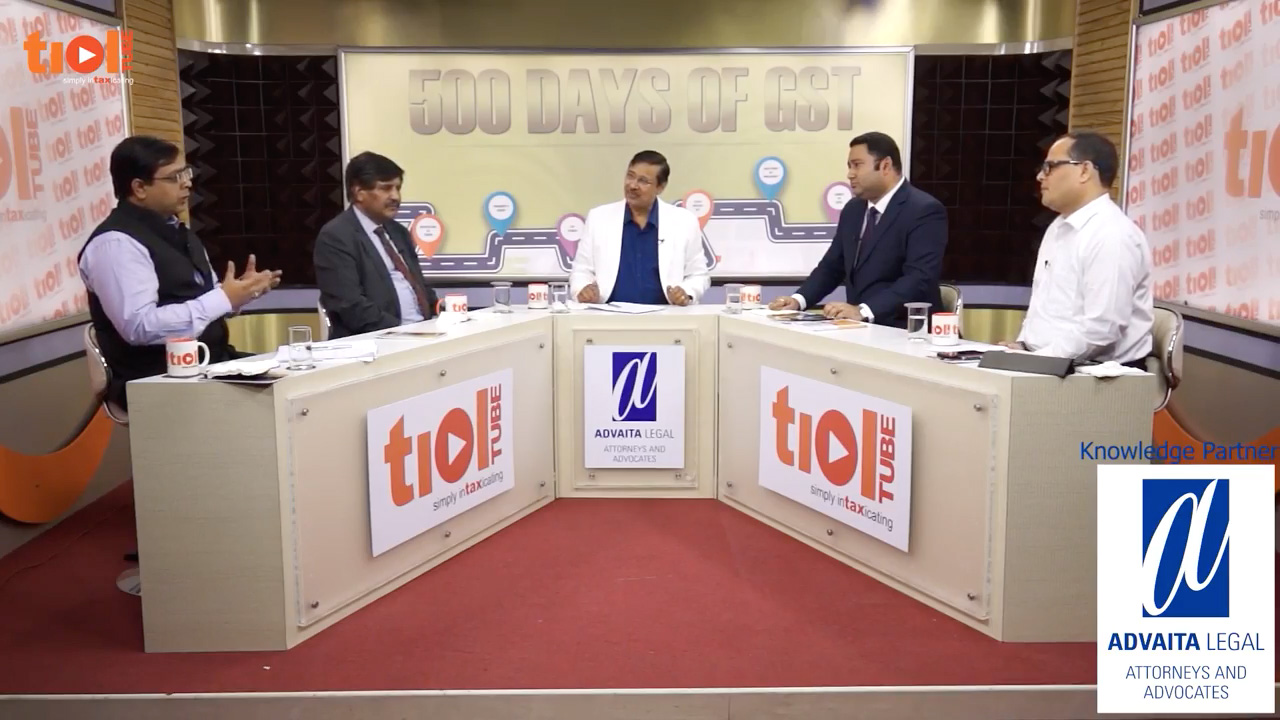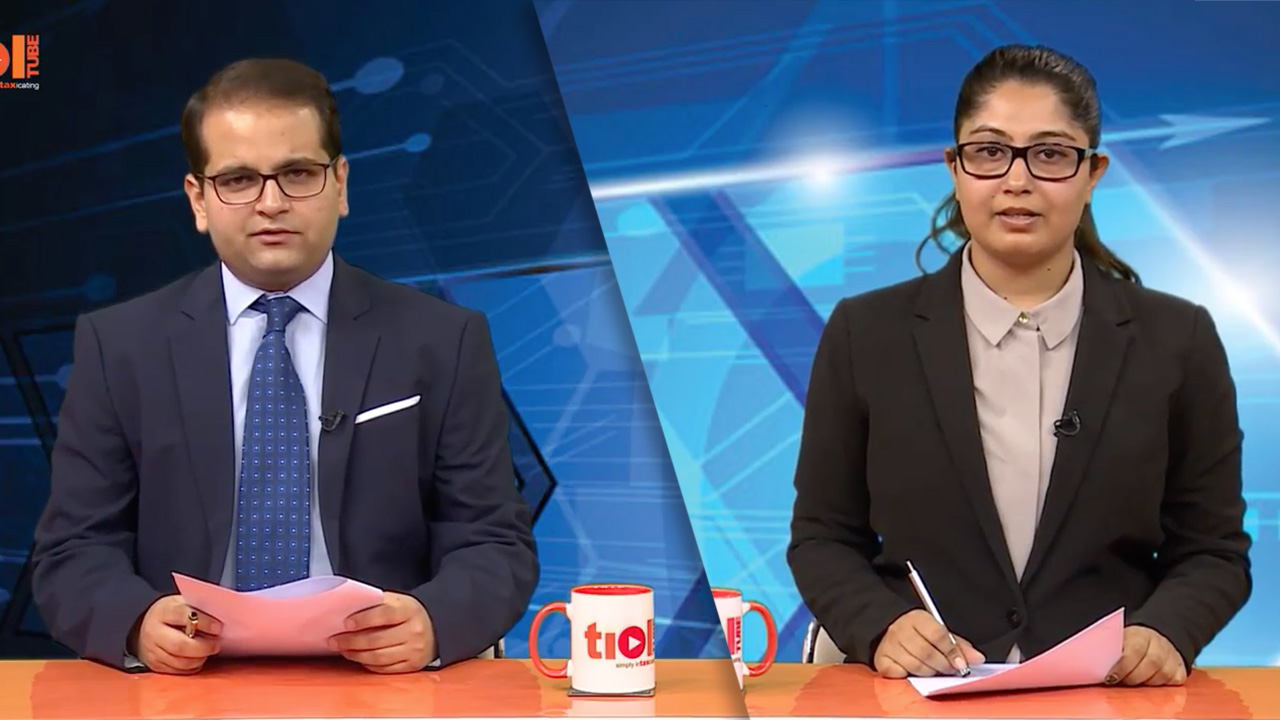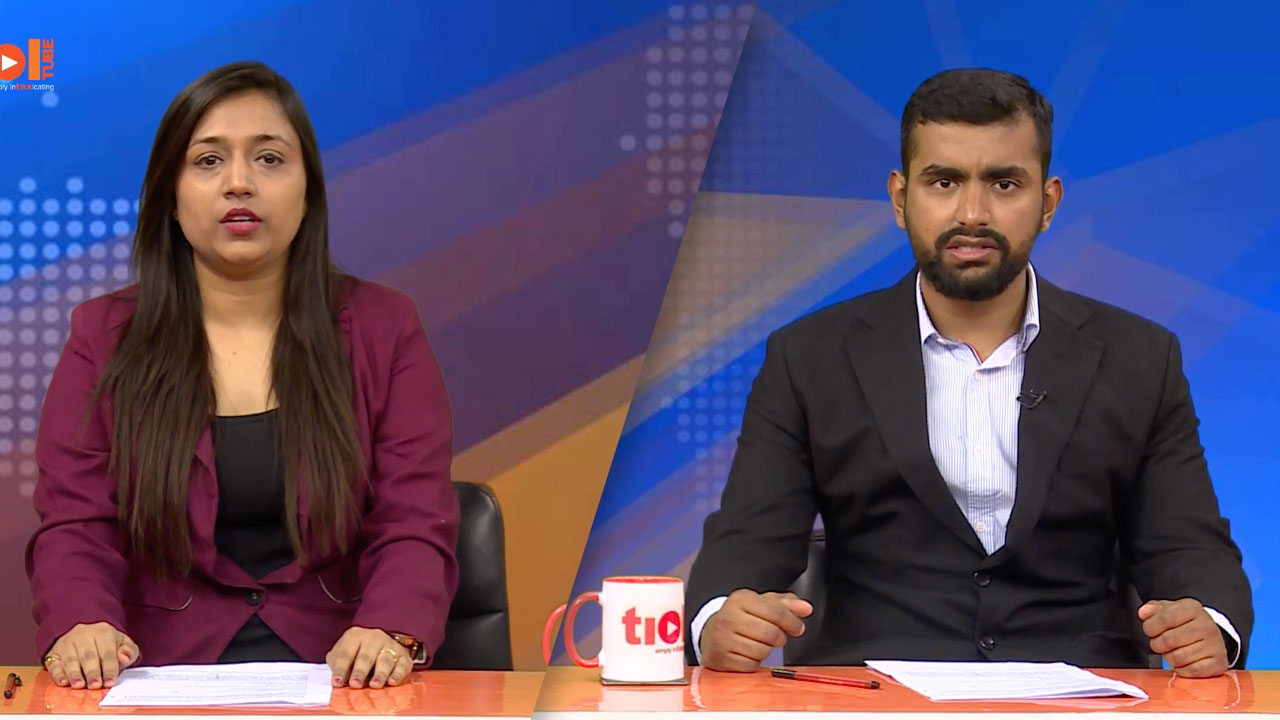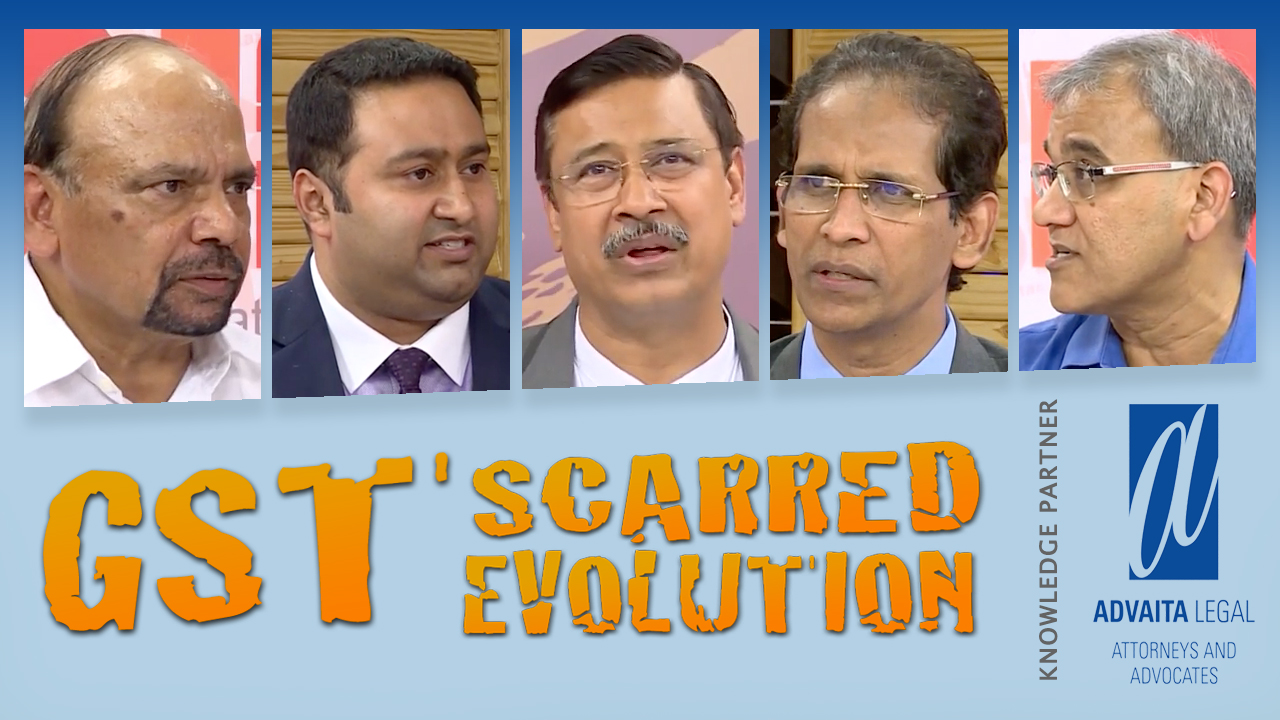SERVICE TAX
2018-TIOL-3423-CESTAT-AHM
ICFAI Vs CCE & ST
ST - The assessee in a branch of the ICFAI which offers certificate & degree in courses - The ICFAI has a centralized office at Hyderabad for handling its accounting work - During the period of dispute, the Revenue raised duty demand under Commercial Training and Coaching Centre.
Held: The issue at hand can be settled by examining the validity of the assessee's contention that its activities classify as vocational training - The same issue was resolved by the Tribunal in the assessee's own case in a previous AY, wherein the demands raised under the same head were set aside - Following such precedent, the demands raised in the present case are set aside as well: CESTAT (Para 1,4)
- Assessee's appeal allowed: AHMEDABAD CESTAT
CC, CE & ST Vs Woodmanns Designers And Interiors Decoraters
ST - The assessee is registered for providing construction services - The Department opined that the assessee was also providing services relating to planning, design & beautification of spaces - The Department claimed these to be taxable under Interior Decoration Service - Duty demands were proposed with interest & penalties u/s 76 & 77 of the Finance Act 1994 - However, the adjudicating authority later dropped the demands.
Held: The Department took statements from some persons, from which it emerged that the specification & design were provided by the clients & also that the assessee executed the work under supervision of its own staff - Moreover, the assessee had approached the Department seeking registration under Interior Decoration Service but the Department had not acted upon the application - Considering such facts as well as the decisions in the cases of Spandrel Vs. Commissioner and CST Mumbai Vs. Indecor Slides, the order passed by the order passed by the original adjudicating authority warrants no intervention: CESTAT (Para 2,7,8,9)
- Revenue's appeal dismissed: BANGALORE CESTAT
CENTRAL EXCISE
CX - Review committee having two Chief Commissioners could have done a better job if they could have at least pointed out a single circumstance which has been wrongly assessed by the adjudicating authority in his order dropping the demand - manner in which this appeal has been filed appears to be very mechanical without application of mind to the case - Nothing appears to be mentioned in the appeal memo or review order - Revenue Appeal dismissed as unsubstantiated: CESTAT [para 5.1, 5.2, 6]
- Appeal dismissed: MUMBAI CESTAT
2018-TIOL-3421-CESTAT-MUM
Avinash Forming Vs CCE
CX - Assessee is a manufacturer of 'bright bars' for which inputs are stainless steel products - The case of Revenue is that, in Annexure 4 to Form 3CD of quantitive details filed with Income Tax authorities, a shortage of finished goods has been reported and that this shortage, which the recipient claims to be processing loss, was non-accountal of inputs that should have been physically available in stock - Dispute pertains to the period 2007-08 between 2011-12 and consequent to SCN - There is no allegation of shortage of stock detected through physical inspection - The allegation is entirely based on intimation furnished in accordance with a statute to another agency of Government of India - The role and function of that particular agency is defined in that statute which brought such agency into existence - The purpose and objective of CEA, 1944 is different and it would be improper to consider the declaration in consonance with another statute to be the ground for statutory demand of duty; more so, as processing loss is inevitable in any manufacturing activity - The goods that are manufactured are cleared on payment of duty and duty leviability will arise only on such goods that are produced in manufacturing process - In absence of any evidence, to conclude or even to speculate, that there is shortage of stock of raw material or finished product, no valid ground remains to recover duty on presumption of clandestine removal: CESTAT
- Appeal allowed: MUMBAI CESTAT
Som Products Pvt Ltd Vs CCE & ST
CX - The assessee company is engaged in manufacturing Chewing Tobacco & Zarda - It sought registration with the Excise department after declaring classification for both items, and the same was granted - Thereafter, the Department pointed out that both products had been classified under different headings despite being identical products - After getting the products tested and considering the test reports, the assessee accepted its mistake of having incorrectly classified the goods - Hence it agreed to pay the Excise duty payable under the correct heading - The differential amount of duty was paid with interest - Thereafter, the assessee filed revised declarations stating its product to be Chewing Tobacco classifiable under Heading 24039910 & paid duty under this heading only - However, the Department treated the product as Zarda scented Tobacco & fixed Annual Production Capacity for the assessee accordingly - On appeal, the Commr.(A) upheld such orders on grounds that once declaration of goods is filed & there is no change in the manufacture process or raw materials used, the assessee could not be allowed to file revised declaration - Hence duty demands were raised with interest which were paid under protest - Penalty was levied as well.
Held: The Commr.(A) incorrectly took the stand that if a mistake in classification is inadvertently committed, the same cannot be rectified - An assessee cannot be expected to have expertise in Central Excise laws & so where goods are specified correctly, mere mention of wrong heading cannot be held against the assessee - Besides, the Department never contested the manufacturing process or that the assessee has been marketing its product as Chewing Tobacco - The Department put forth no evidence to prove that the assessee used some fragrance or scent during manufacture - It did not make enquiries from dealers, shopkeepers or consumers to establish that perfumes were used in final product - Hence the product in question is Chewing Tobacco & not Zarda scented tobacco - Hence the O-i-A upholding the fixation of Annual Capacity of Production cannot be sustained - While part of the duty amount pertaining to Chewing Tobacco is sustained, the differential duty paid under protest with interest & penalty is quashed: CESTAT (Para 2-6,13-17)
- Assessee's appeals allowed: ALLAHABAD CESTAT
JK Tyre and Industries Ltd Vs CC CE & ST
CX - The assessee company is engaged in manufacturing Tyres, Tubes & Flats - It availed Cenvat credit of Additional Excise Duty (AED) on the tyre chord fabric procured as per Notfn No 5/94-CE(NT) - The accumulated credit could only be utilized for payment of AED levied on the final products - However such products did not attract levy of AED - Thereafter, the explanation to Rule 3(6) of CCR 2004 was inserted, by virtue of which the assessee credit of AED, availed on inputs, could be utilized to pay Basic Excise Duty (BED) on final products - Hence the assessee utilized accumulated credit to such purpose - Later Rule 3(6) was amended with retrospective effect & Section 88(4) of FA 2004 enabled recovery of credit of AED which would not have been availed - Section 125 of FA 2005 enabled recovery of credit in 36 instalments - The assessee paid a sum vide TR-6 challans - It re-credited such amount back to Cenvat credit & informed the Department - However, the Department raised duty demand & imposed penalty on grounds that the assessee wrongly availed credit during periods prior to the amendment - The assessee also reversed some amount of credit under protest.
Held: The assessee has a strong case in its favor - The case laws relied on by the Revenue to support their contentions involve different facts and are inapplicable to the present case - Considering the Tribunal's decision in CEAT Ltd the issue is squarely settled in favor of the assessee wherein it was allowed to avail credit since it paid duty on the tyres using AED - Besides, the Department did not contest such judgment & so it reached finality - Hence the assessee's appeal is allowed: CESTAT (Para 1,2,2.1,5)
- Assessee's appeal allowed: BANGALORE CESTAT
CUSTOMS
2018-TIOL-3418-CESTAT-HYD
Obulapuram Mining Company Pvt Ltd Vs CCCE & ST
Cus - The assessee company exported iron ore fines & lumps - Such exports attracted duty on ad valorem basis - The Department opined that the values declared in the shipping bills were considerably lower than the prevailent market rates & proceeded to reject the declared rates.
Held: The Rule 8 of the Customs Valuation (determination of value of export goods) Rules, 2007 prescribe mechanism for rejecting declared value - Presently, the declared value is indeed lower than the other values & the shipping bills to the other buyers by the same exporter as also the prices at which the similar goods were exported - The Department is justified in doubting the accuracy of the declared value & in rejecting it - However, the mandate of Rules 4 5 and 6 also should have been satisfied - The value u/r 4 was not determined on grounds that the same exporter did not export the goods to other buyers - Rule 5 was also rejected on grounds that it is infeasible to determine value as per its mandate & so Rule 6 was adopted - The adjudicating authority should have examined the feasibility of finding the price of the goods of like kind and quality exported at or around the same time to other buyers in terms of Rule 4 whether or not the exporter is the same as the assessee - Thus, while rejection of value u/r 8 is sustainable, the determination of value u/r 6 and rejection of mandate of Rule 4, is not - Hence the matter warrants remand for re-valuation: CESTAT (Para 2,7)
- Case remanded: HYDERABAD CESTAT
|









